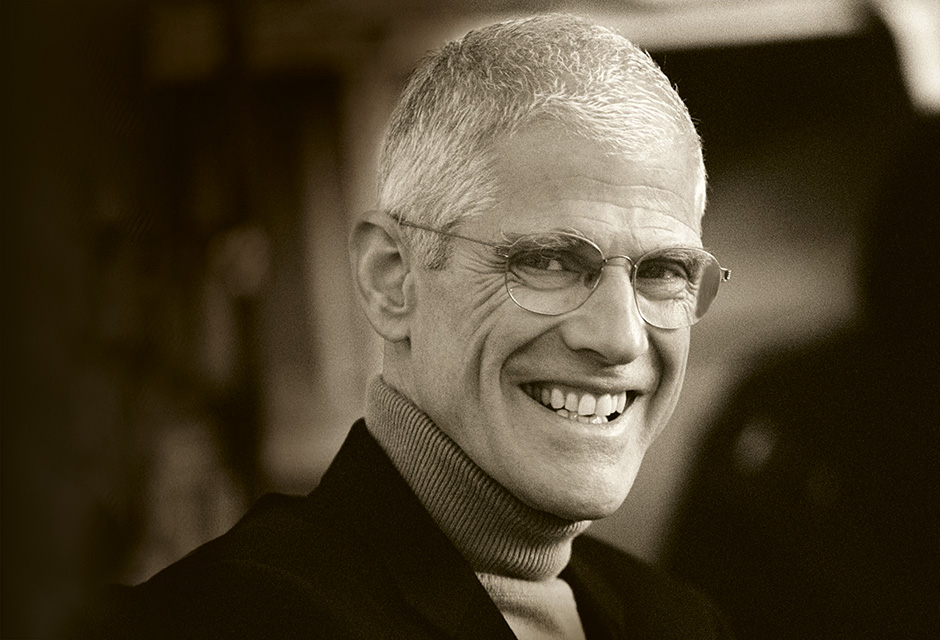The Impact of Philanthropy at the Royal College of Music
Share #UpbeatOnline
As you may have read recently online and in our Annual Review, we were delighted to celebrate the successful completion of More Music: Reimagining the Royal College of Music Campaign (2012–22), which raised over £40 million.
However, our work is not done. Lily Harriss HonRCM, Director of Development, explains how continued engagement with our Royal College of Music family is crucial to continuing our excellence and reach – and how philanthropy has been a part of the College’s history since its founding.
By Lily Harriss HonRCM
The Royal College of Music has a long history of philanthropic support. It was founded in 1883 on the principle that world-class music education should be available to talented musicians regardless of financial means or societal position.
Of course, philanthropy at the College has also significantly impacted our financial health and stability, particularly over the past decade with More Music, the most ambitious campaign in the College’s history.
The College emerged from the economic success of the 1851 Great Exhibition and is built on land bought out of the profits of the Exhibition in this area, sometimes referred to as Albertopolis. It was first the National Training School of Musicians (which ran from 1876–82), which needed improvement to meet the vision and demand.
A particularly determined interest was shown by the then-Prince of Wales, Edward, and his circle in making a success of the ‘new’ College, and in 1882 the then-Prince officially launched the RCM.
The College’s early years
At that time, everything hinged on a public appeal raising the capital required to endow sufficient scholarships for talented musicians, no matter their means or background – a priority which continues today. From the beginning, philanthropic investment was a critical priority, and the success that was achieved came on the back of the first Director, George Grove, and the philosophical and educational vision for the College.
Grove secured donations because he was able to explain that the College would be vital for the future of the nation's musical life. He delivered some 44 fundraising speeches across the country, his persuasiveness resting on a compelling case for support: elevating the practice and study of music into an issue of national significance.
[image1]
In fact, during its first 60 years, the RCM had only two substantial sources of income – student fees and interest generated from the scholarship capital from donations. Professor Colin Lawson, our current Director, continues with passionate persuasiveness and belief that music has the power to change lives.
The success of More Music
The More Music Campaign raised £42.5 million – exceeding its £40 million target. The total £25 million needed for the £40 million building development was secured, and targets in all other areas were exceeded, raising £11 million for endowed scholarships and student support, £4.3 million for academic initiatives and £2.2 million for outreach activities. Notably, £14 million was raised during the Campaign period for annual revenue scholarships.
The Campaign delivered our Performance Hall and Performance Studio – both fitted with the latest digital technology – over 100 multi-purpose practice rooms, and new public spaces (which you can explore in a recent Upbeat article). Another cornerstone of the project was the new Museum, which offers a permanent and interactive space for the College’s internationally significant collections.
None of this would have been possible without your support. Through the generosity of donors and legacies, the College's permanent endowment fund now stands at around £45 million.
Together with annual fundraising, this helps the College to award over £4 million annually in scholarships and other awards. As a result, over half of the College's students receive financial support during their studies. Other donations are used to fund other aspects of the College's activities that would otherwise be unaffordable, including performances, the Museum and outreach activities.
Challenging times
It is no exaggeration to suggest that the Covid-19 pandemic significantly changed our lives. It was devastating for many charities in the UK, which had a collective estimated £10 billion shortfall in income.
The performing arts and music faced the most significant crisis in living memory, profoundly affecting professionals in the field. Concert halls and opera houses were closed, and in-person music education, live teaching, and performances halted; the pandemic created an unprecedented need for funding to replace lost income streams.
Thus, we are all incredibly grateful to our supporters during this time and for support now, which enables us to continue to deliver outstanding music education, outreach, and research.
At the Royal College of Music, donations and the investment income generated by the philanthropically funded endowment are the second largest source of income after tuition fees. As such, the importance of philanthropy to its financial sustainability cannot be overstated.
Future funding and our sustainability
Our most urgent challenge is that the tuition fees and government funding we receive are insufficient to cover the cost of excellence in music education, including the one-to-one teaching we provide and the rich performance opportunities.
On average, tuition fees, government funding and other income streams leave a core funding need of £3,000 per student, equating to £3 million per year, in addition to the funds we raise each year to support our much-needed scholarship programme, which provides financial assistance to more than 50% of our students.
During the pandemic, we lost £2 million per year – and our annual income is not expected to return to its pre-pandemic level for some time. To protect our mission and continue to thrive, we cannot afford to compromise on our outstanding student experience.
While we have made savings wherever we can, we rely on philanthropic investment to cover the shortfall for each of our 1,000 students. Philanthropy is vital to ensure our sustainability and to support bright futures.
[image2]
The support of our RCM Community
We have been successful throughout our history in building a community, a broad ‘RCM Family.’ When we speak about the impact of philanthropy, we must go beyond the financial impact on our sustainability and look to the breadth and strength of those relationships in our community, of which financial support is one measure of success.
Furthermore, I would argue that we can help ensure the future success of conservatoires delivering the highest quality music education by strengthening the connection to our community of supporters.
Through this, we can cultivate the concept of philanthropy so that it is understood to be more than a means of income but something true to definition – the desire to support the welfare of others. For us, this means fulfilling our vision for the benefit of an open and just society.
Rather than focus solely on income as a measure of the impact of philanthropy, we can explore the broader societal and personal benefits – to you, our supporters, and alumni, and to us, the institution, explicitly focusing on the connections between well-being and philanthropy.
Philanthropy has been at the heart of the College's life and its finances since it was founded. It is crucial to the financial sustainability of the College itself and our commitment to being accessible to the absolute best students from around the world, regardless of their background.
Personal thanks
It has been a personal pleasure to be a part of the More Music Campaign, and to work with the inspired leadership of RCM Director, Professor Colin Lawson, our Chairman, Lord Black of Brentwood, and the members of the Council, led more recently by Geoff Richards HonRCM.
In addition, I am fortunate to work with such a committed and dynamic Directorate team. I must also thank our very skilled Development team, who have excelled in their endeavours at every stage of the campaign, and RCM faculty members and staff, who have championed our vision at every opportunity.
We are all immensely grateful to all our supporters and alumni. Thanks to your dedication and generosity, we have increased scholarship provision and outreach work and transformed the College to ensure the future of music.
[image3]
[appealbox]
References:
Wright, David CH. 2019. The Royal College of Music and its contexts: an artistic and social history. Cambridge University Press.
The Musical World (15 July 1882). P428.
Coutts Million Pound Donor Report. 2017. The University of Kent, Centre for Philanthropy.


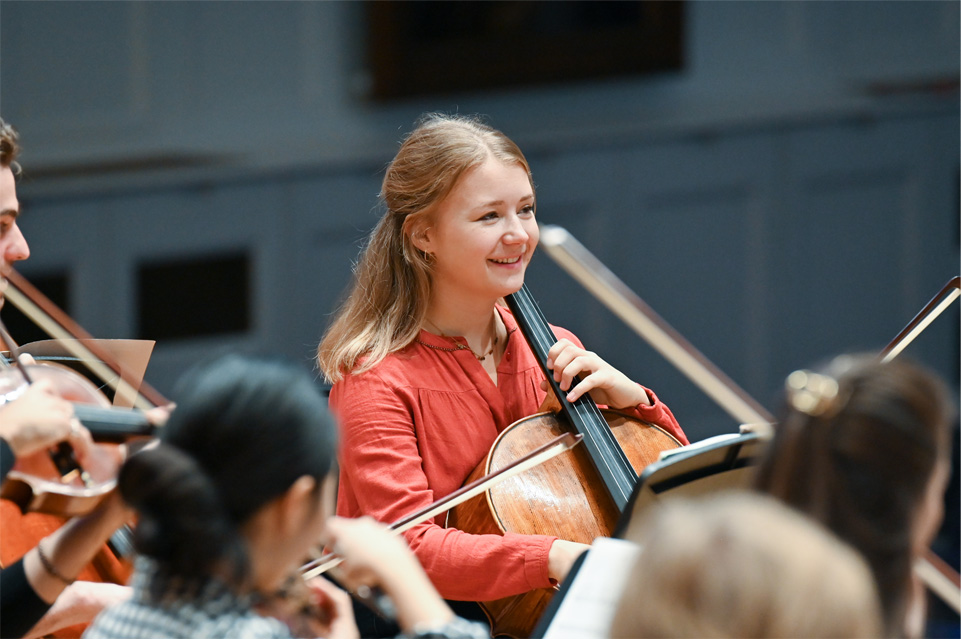

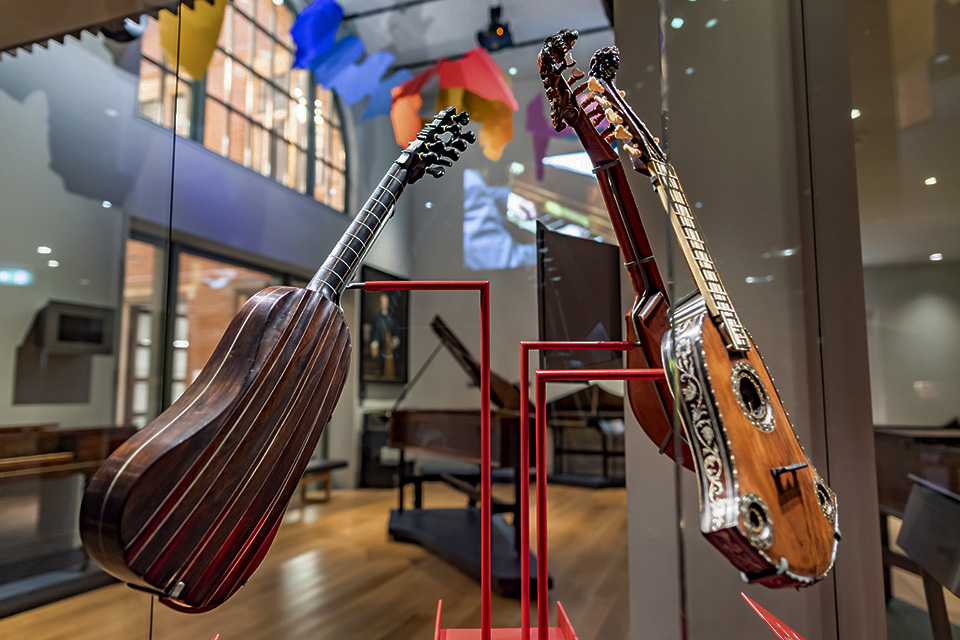
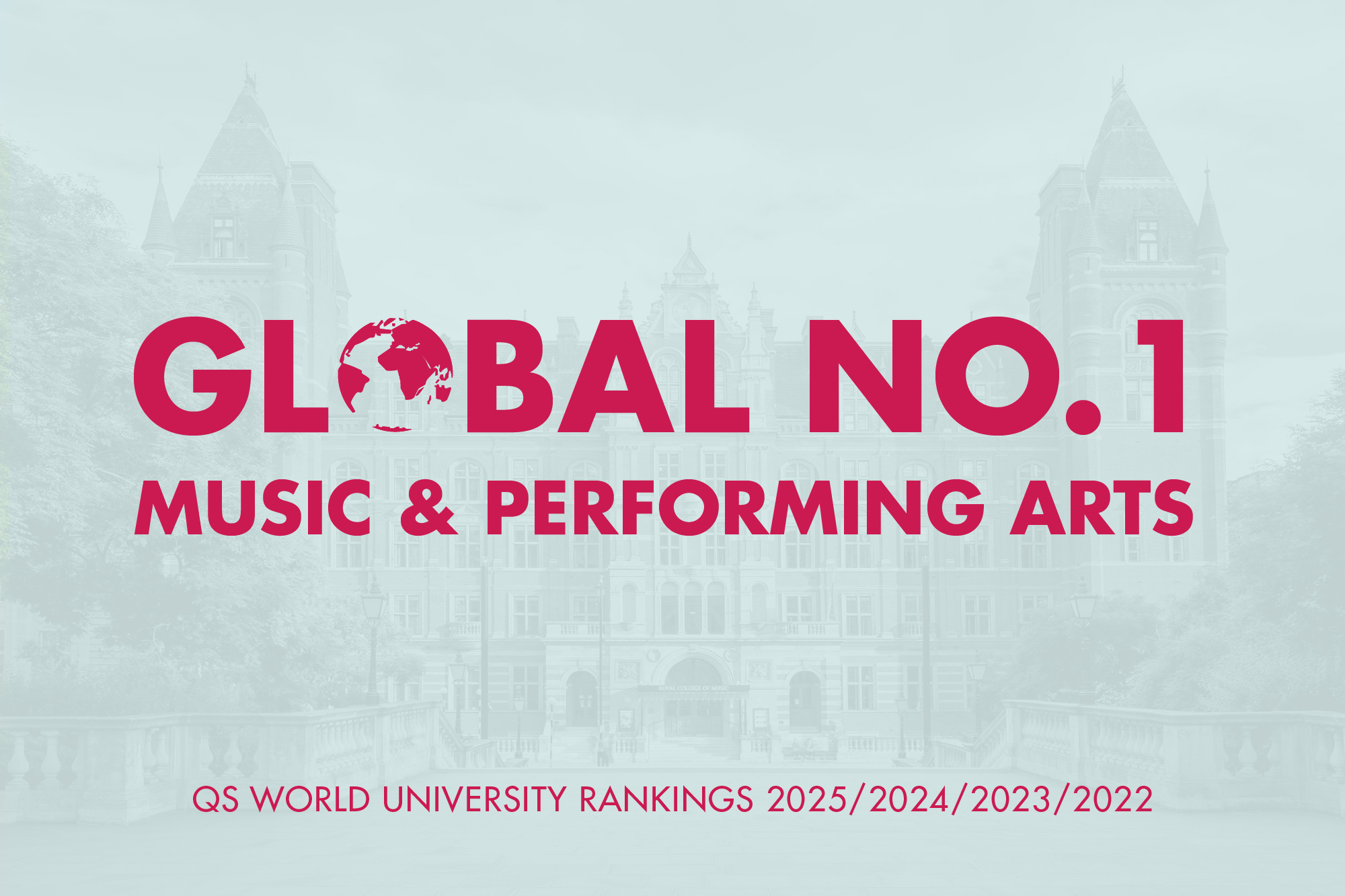
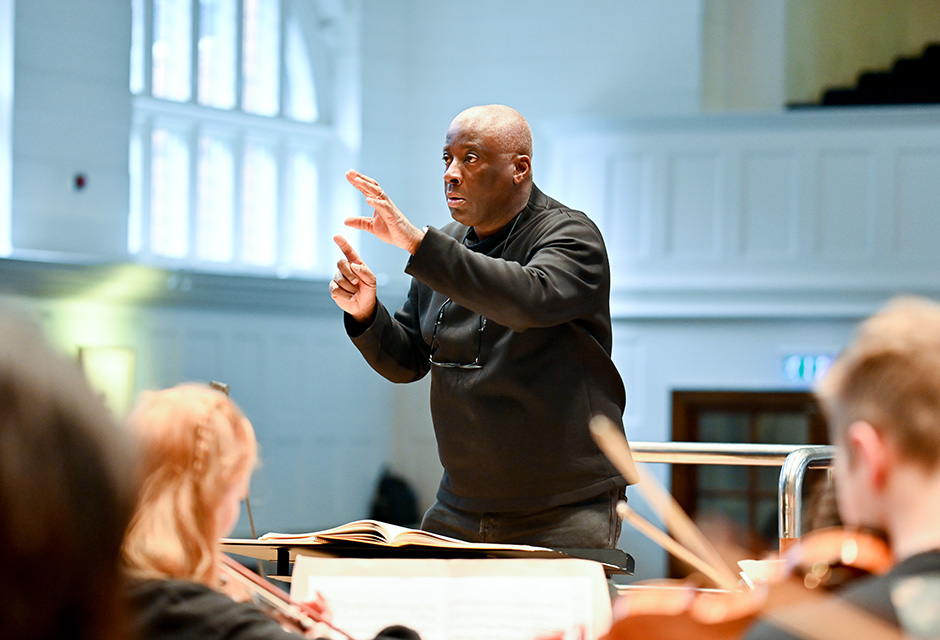
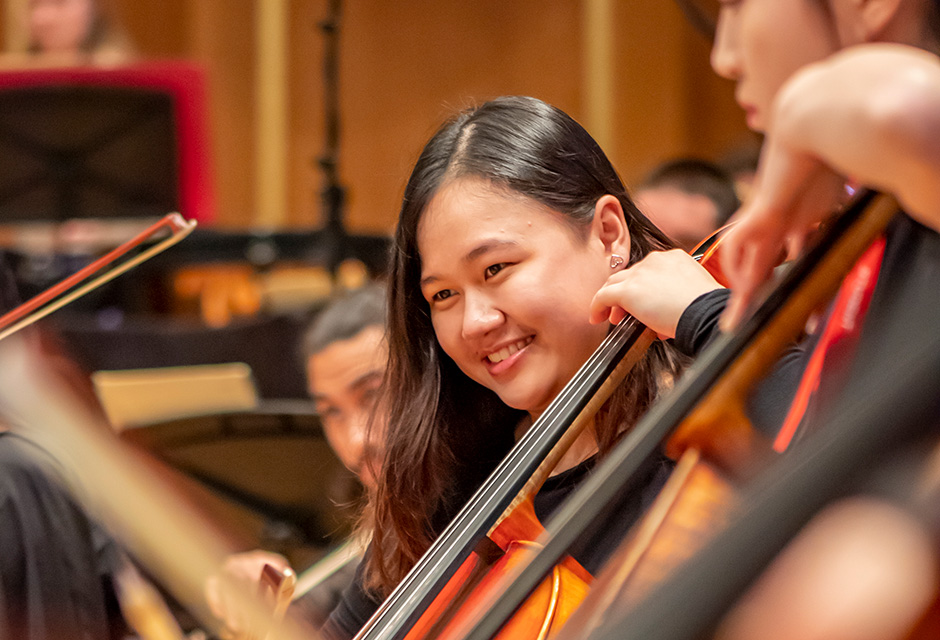

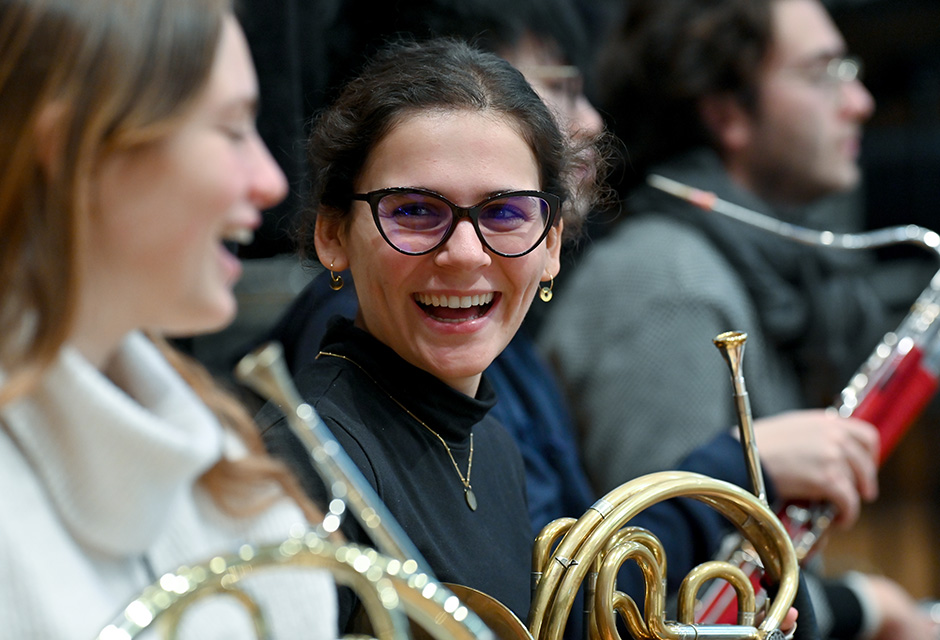
.png)
